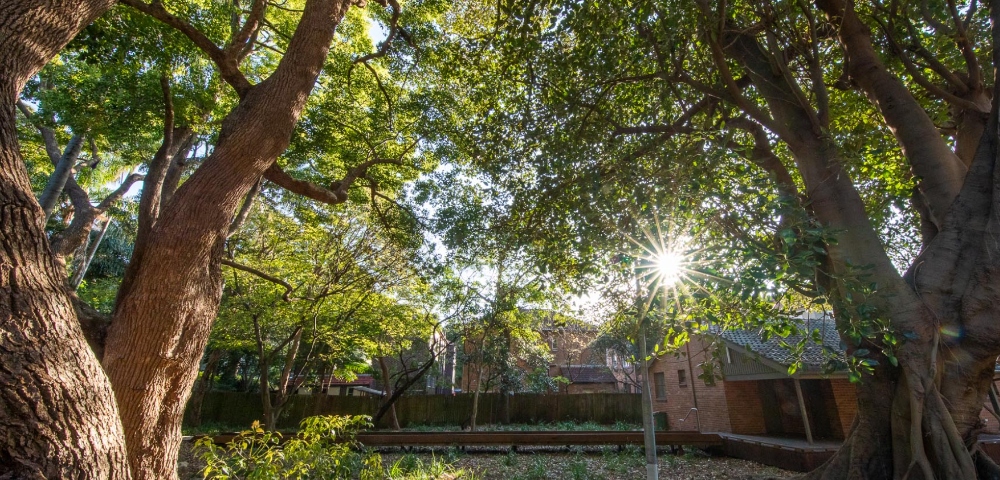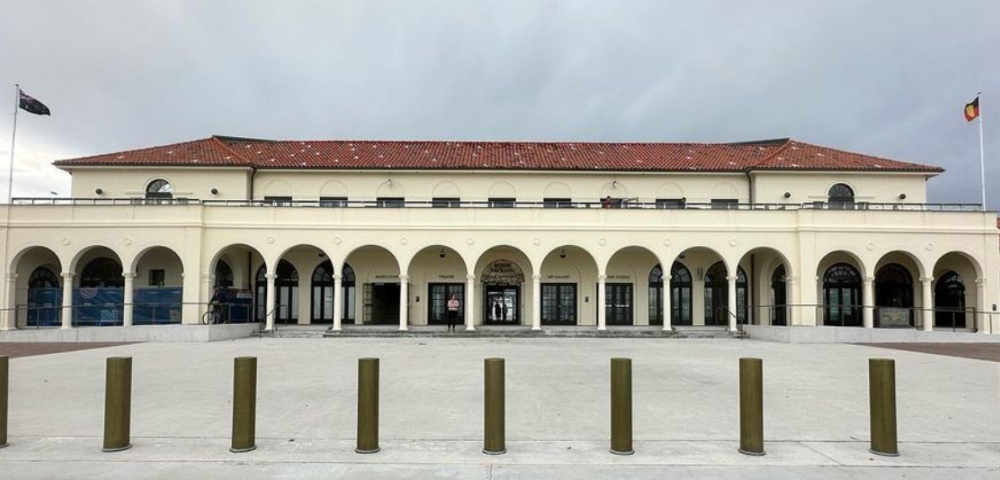
Turnbull about face
He was known as a bit of a firebrand. But that was before Malcolm Turnbull became a politician and took up the Liberal leadership. Now he’s just confusing.
By Susan Merrell
It’s tempting to dub Malcolm Turnbull the patron saint of lost causes: the Australian Republican Movement (ARM) in the nineties and the Liberal Party at the end of the noughties.
But he was also the lawyer who took on a Davidian struggle against the British government of Margaret Thatcher in the Spycatcher case – and won. He’s also been spectacularly successful at enriching himself, turning a $1million inheritance into somewhere upward of $120 million. No lost causes here.
Turnbull said the Spycatcher case radicalised him. Perfect. Liberalism, in its true sense, has radicalism as its bedfellow. Turnbull’s appointment to the top job had me hopeful that the Party would become ‘ well, more liberal. But any aura of radicalism seems swept away as he becomes ever more reactionary.
Turnbull was at his most radical advocating an Australian Republic. He’d spent a whole decade championing the cause. Yet when Prime Minister Rudd proposed a joint party republican initiative recently he swept the idea embarrassedly under the carpet mumbling something about waiting until the current monarch dies. That’s unforgivable.
More recently, the one-time radical opposed a Bill of Rights for Australia. It would transfer too much power from Parliament to unelected judges goes the argument. But isn’t that indicative of just one model’ There are others.
This style of rhetoric puts me in mind of his predecessor John Howard when he insisted that the republican referendum present a single model. This model allowed the opposers to effectively make the ‘too-much-power’ argument. Familiar’ Is Turnbull becoming the sorcerer’s apprentice’
The ARM was always implicitly in favour of such a bill. When the 1997 Federation Centenary Convention found that ‘indigenous rights should be enshrined in the Constitution ‘ human rights should be protected and there should be a new preamble, recognising the aspirations of Australians’ Turnbull argued that these findings were just ‘another brick in the road to a republic’.
Really, it’s counter intuitive that Turnbull chose to be part of a government whose leader, in his own words, ‘broke a nation’s heart’. Moreover, within the party are the politicians who aided and abetted Howard’s method of sabotage and were simpatico with his motivations. To keep the leadership he will have to mollify this faction.
Is that what he’s doing by sticking to the conservative mantra of ‘strong economy’ as a blanket panacea’
Because, according to Turnbull, a strong economy is the solution for homelessness too. With his much-publicised involvement at the Wayside Chapel, I’d expect a more useful insight. Were it really that simple, homelessness would disappear during boom times. Statistics don’t support that. A major factor is mental illness – something money alone will not fix. Makes me wonder, is this really the same man who headed Goldman Sachs’
And CEOs of corporate Australia must be wondering whose side Turnbull is on. In November, in his speech to the National Press Club, he advocated giving shareholders a veto over the pay packets of executives as a curb on excess – never mind that his own excesses include a $50 million golden handshake.
Sydney journalist David Dale recounted a conversation with Turnbull that took place in the 1970s (a conversation, incidentally, that Turnbull disputes) where Turnbull announced an ambition to become prime minister. Which political party would he choose’ ‘It doesn’t matter,’ Dale claims was Turnbull’s reply.
So, will Malcolm Turnbull be the saviour of the Liberal Party or just another expedient politician’









